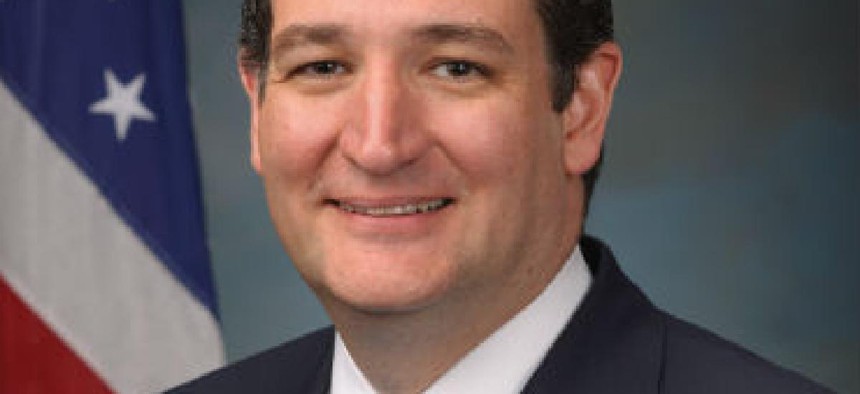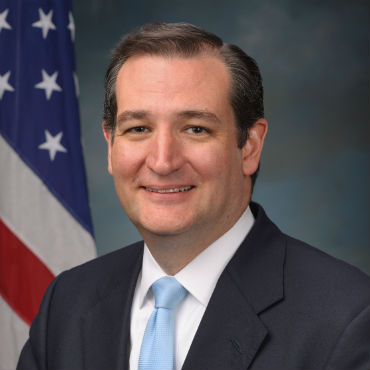Sen. Cruz pushes 'last chance' to block IANA transition

Sen. Ted Cruz wants to halt the United States' long-standing plan to transfer oversight of the Internet address system's architecture to a multi-stakeholder group.

Sen. Ted Cruz (R-Texas) has long sought to delay a planned transition of a key piece of internet architecture from U.S. control.
Sen. Ted Cruz (R-Texas) is pushing a bill to block a long-standing U.S. plan to transition oversight of the internet address system's architecture to a multi-stakeholder group without congressional approval.
The Internet Assigned Numbers Authority (IANA), which basically serves as the address book of the internet, has been under U.S. control since the inception of the global internet, but plans to establish a nongovernmental stakeholder structure have been in the works for years.
A copy of the bill and background documents were published by The Hill newspaper.
Cruz calls the proposed legislation "our last chance to save Internet freedom." It follows a May 24 Senate subcommittee hearing in which a witness panel largely agreed that the IANA transition is inevitable but didn't agree on a timeframe for beginning the transition.
In addition to requiring Congress to formally approve the transition, the bill would require the White House to provide Congress with written certification that the U.S. government will maintain sole ownership of .gov and .mil domains.
Those who advocate completing the transition by the end of this year as planned believe that delaying or blocking the action would be perceived internationally as the U.S. going back on its long-promised word.
Opponents to the transition think it is taking place sooner than necessary and want to ensure the multi-stakeholder structure is the best approach.
Cruz and other opponents have raised concerns that ceding IANA control could open doors for aggressor nations to fracture the internet.
"The United States cannot allow authoritarian regimes to increase their influence over the core operating functions of the internet," Cruz wrote in the background documents.
However, those familiar with the internet’s technical operations don't believe the fear is legitimate.
"The technical matter of the IANA is a narrow function, and this transition does nothing whatsoever to allow authoritarian regimes to take the internet over," said Andrew Sullivan, chairman of the Internet Architecture Board. "It's really not a big deal."
Because the multi-stakeholder structure is a voluntary agreement based on convenience, blocking the transition could anger those stakeholders and prompt them to create a new, less cooperative structure, he added.
"The bitter irony is that the threat is that some totalitarian country is going to use this as an opportunity to try to take over, but what they're doing is setting up the opportunity for that to happen," he said. "They're causing the exact environment they're trying to prevent."
This effort is not Cruz's first to delay the transition. He raised similar objections last year after the House overwhelmingly passed the DOTCOM Act to advance the IANA transition, and his proposed amendment at the time was shot down by a Senate committee in a 19-5 vote.
The National Telecommunications and Information Administration plans to release a review of the transition proposal on June 10.


